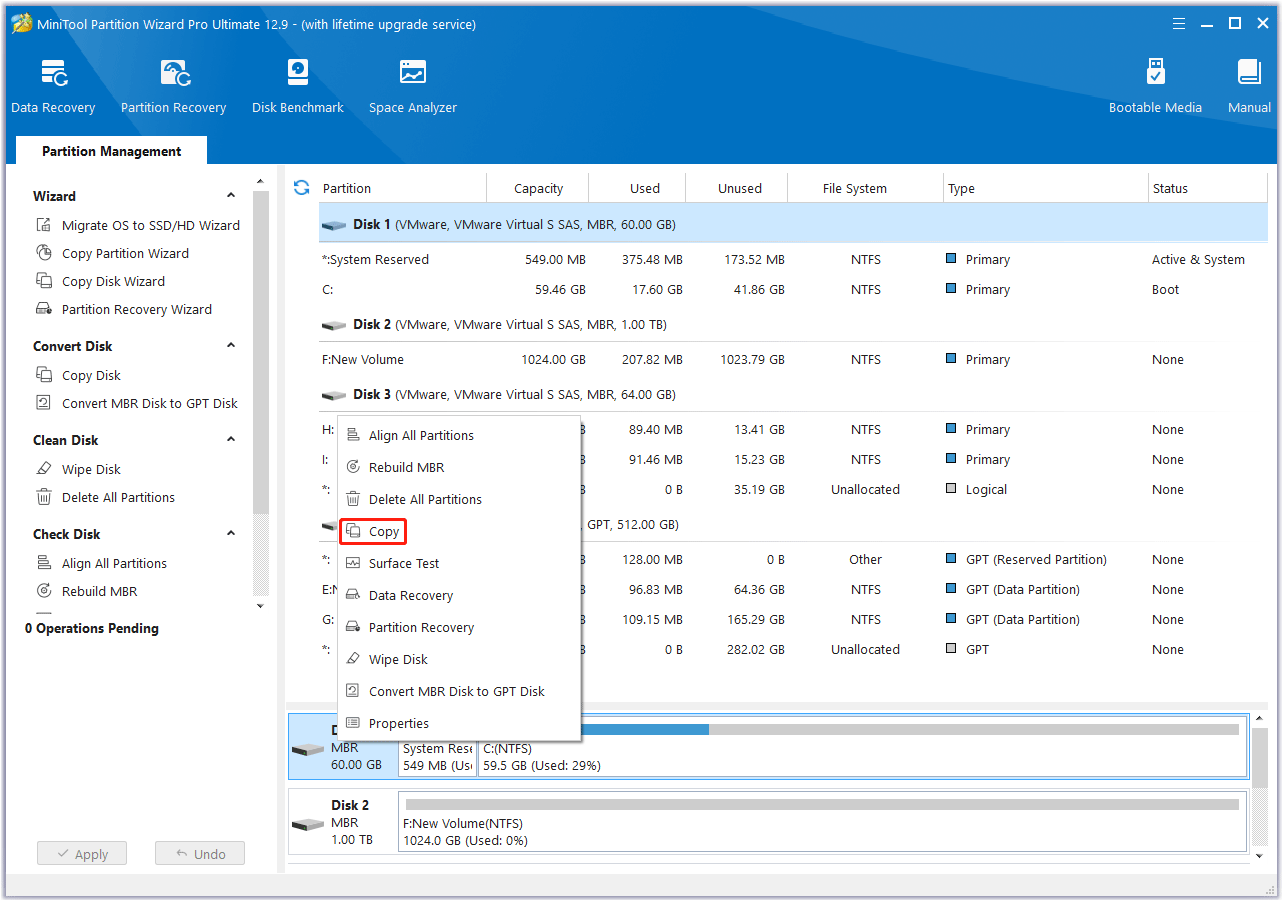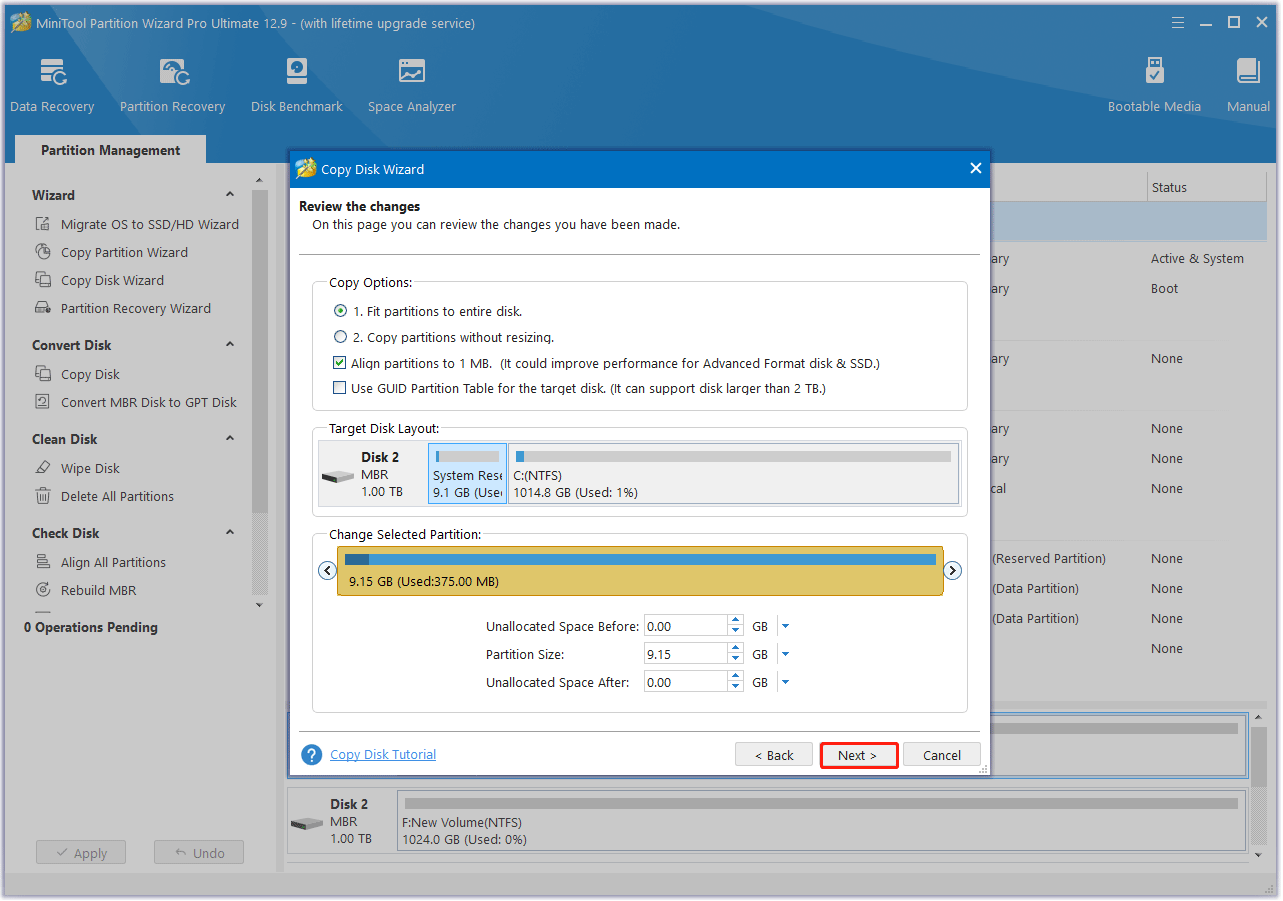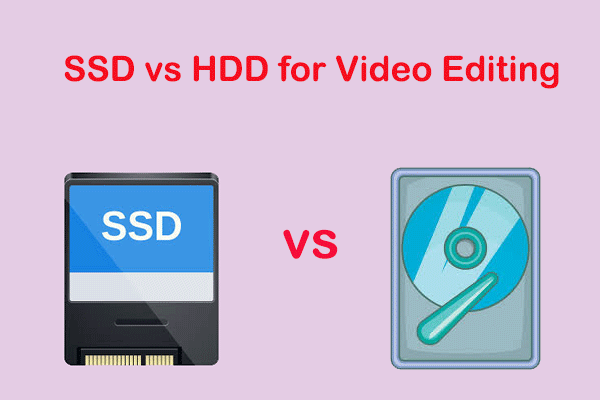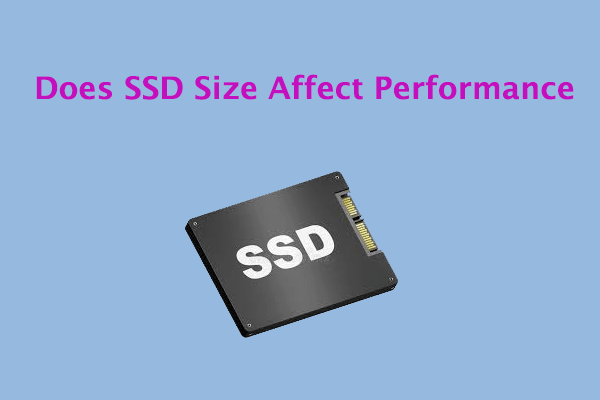Rendering is a critical process in the world of digital content creation. Whether it is producing high-quality 3D animations, visual effects for movies, or detailed architectural visualizations, rendering is a time-consuming task. As computer hardware continues to evolve, many users are wondering: does SSD affect rendering?
Now, this article will tell you the answer to this question. Please keep reading.
Does SSD Affect Rendering?
Rendering is the process by which a computer converts 3D models, textures, and lighting information into a two-dimensional image or series of images. This involves complex calculations and requires a lot of computing power.
During the rendering process, the computer must access a large amount of data, including 3D model files, texture maps, and shader programs.
Compared to traditional mechanical hard disks (HDD), SSD enables faster data access. Therefore, SSDs will affect your renderings and make them faster.
Does SSD improve rendering? From the following aspects:
#1. Faster data loading speed
One of the most important ways that SSDs affect rendering is by reducing the time it takes to load project files. When you start a render, the software needs to access all relevant data, such as 3D models, textures, and scene settings. SSDs load these files much faster than mechanical hard disks.
For example, in a large 3D animation project, a mechanical hard drive may take several minutes to load all the necessary data, while an SSD can do so in just seconds. This not only speeds up the startup of the rendering process but also enables faster iterations during the creative process.
When the scene needs to be modified and re-rendered, the faster data loading speed provided by the SSD can save a lot of time.
#2. Continuous data access during rendering
During the rendering process, the software may need to continuously access data, especially when dealing with complex scenes that require multiple renderings or using technologies such as ray tracing. SSDs can ensure a more stable data transfer rate and reduce the possibility of bottlenecks.
In contrast, mechanical hard drives may slow down due to slow read and write speeds that cannot meet the needs of the rendering software, resulting in longer rendering times.
#3. Scratch disk performance
Many rendering applications use scratch disks to store temporary data during the rendering process. Using an SSD as a scratch disk can greatly improve performance.
Since the rendering software frequently reads and writes to the scratch disk, the fast read and write speed of the SSD can prevent the accumulation of data queues. This makes the rendering process smoother and can reduce overall rendering time, especially for long and complex rendering tasks.
However, it is important to note that while SSDs have an impact on rendering, they are not the only factor. The performance of the CPU, GPU, and RAM also play a key role.
A powerful CPU is essential for handling the complex calculations involved in rendering, while a high-end GPU can speed up the rendering process, especially when using GPU-accelerated rendering technology.
How to Upgrade Processor/CPU in a PC? Follow the Full Guide!
In short, SSD can have a significant positive impact on the rendering process. By providing faster data-loading speeds, more stable data access, and better scratch disk performance, it can significantly reduce rendering times and improve the overall efficiency of digital content creation.
For professional content creators who often deal with large and complex projects, choosing a high-quality SSD is a wise choice.
Back up Data Before Upgrade to SSD
Before upgrading your hard drive to an SSD for faster rendering time, you should back up important data on the previous disk to avoid data loss. As a professional hard drive cloning software, MiniTool Partition Wizard can help you back up all data on the disk by cloning the hard drive. Its Copy Disk feature allows you to do this easily with just a few clicks.
MiniTool Partition Wizard DemoClick to Download100%Clean & Safe
Step 1: Launch MiniTool Partition Wizard to enter its main interface. Then, right-click on the SSD you want to copy and select Copy.

Step 2: In the next window, select the target SSD and click Next. When prompted, click Yes to confirm.
Step 3: Choose the suitable copy options and modify the target disk layout. Once done, click Next.

Step 4: Click Finish > Apply to execute the disk clone.
Bottom Line
Does SSD affect rendering? Does SSD make rendering faster? This post has answered you and offers a guide to backing up data before upgrading to SSD.



![[Solved] HP Scanner Not Working After Windows 11 24H2 Update](https://images.minitool.com/partitionwizard.com/images/uploads/2025/03/hp-scanner-not-working-after-windows-11-24h2-update-thumbnail.png)
User Comments :